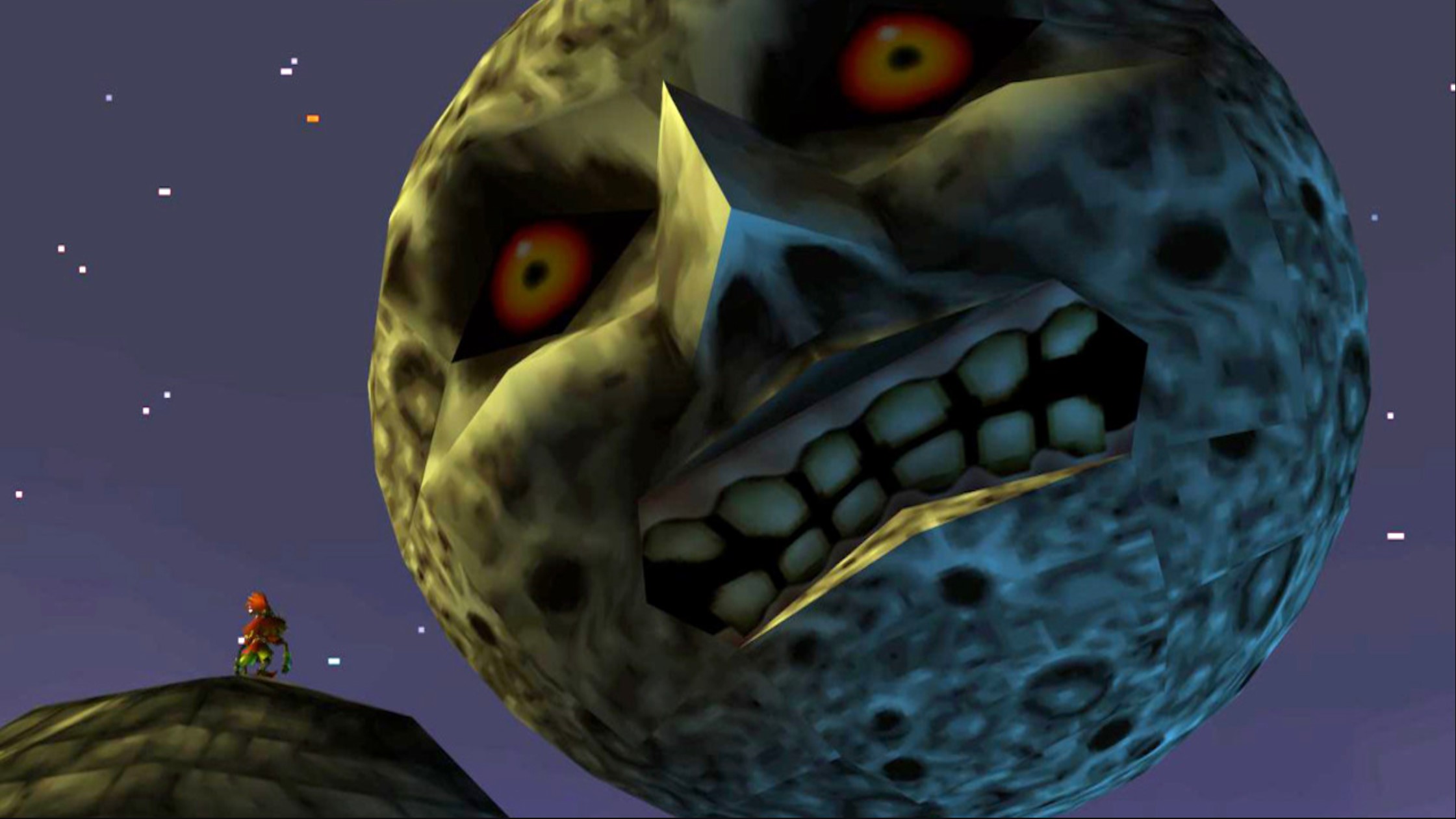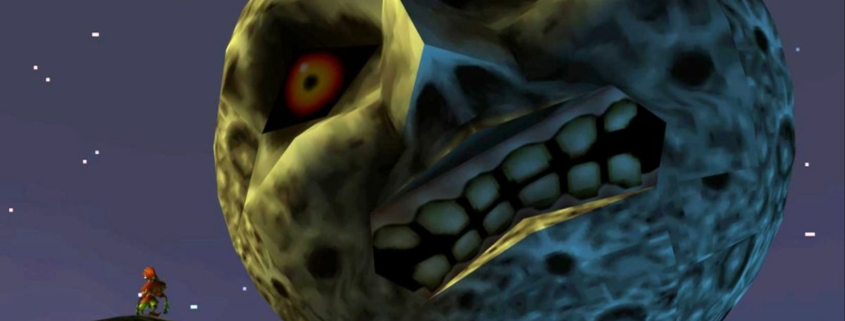A new native port of Majora’s Mask might change how we play N64 games on our PCs

A developer named Wiseguy has released a native port of The Legend of Zelda: Majora’s Mask for PC, bypassing the need for an emulator and unlocking new performance and modding possibilities for the Nintendo classic. On top of that, the new method they developed to do so, “static recompilation,” will make it vastly easier for devs to do the same with other N64 games.
We’ve been able to play Nintendo 64 games on PC for a long time—over 25 years, actually, as pointed out in a video by Digital Foundry—but while console emulators can provide a great one size fits all tool for a given library, they’re inefficient, failing to take full advantage of our powerful new systems and occasionally introducing new glitches or errors as well.
Direct ports to PC by way of “decompilation” can provide the best possible experience, but are also extremely labor-intensive, requiring years of work to produce results like OpenGOAL for Jak and Daxter or the Mario 64 PC port. Wiseguy’s static recompilation tool makes that porting process easier, shaving years off the process.
Wiseguy showed off the power of this tool by quickly turning around a PC port of the dark horse candidate for best Zelda game. Like with emulation, you’ll still need to provide a legally acquired ROM in order to play, and Zelda 64: Recompiled is a brilliant showcase of the power of static recompilation, providing a modernized, hassle free way to get gang-stalked and mugged by kids in the woods.
Static recompilation translates the game’s code into C, then utilizes direct3d12/Vulkan to render breathtaking visuals. It’s not an automatic process, requiring some hands-on work to account for how vastly more efficient modern hardware is than the N64. But where a full decompilation of a ROM to extract the source code required to build a native port can take years, developer Wiseguy was able to churn out a playable port of Majora’s Mask in only a couple of days. According to the developer, Zelda 64: Recompiled was tested against other emulators with a performance metric called RDP Accuracy, which assists in identifying which effects and visuals are intended and which are quirks of the hardware.
Native controller support, input-mapping, autosaving, widescreen support, and easily the best feature that was previously marooned on the official 3DS ports, gyro-aiming, have all been added, removing the hassle of first-time emulator setup. Ray tracing, mod support, and dual analog support with camera controls, as well as eventual Ocarina of Time integration, are all features planned for Zelda 64: Recompiled.
That these features have been seamlessly integrated into Zelda 64: Recompiled is what’s most exciting to me about the potential of this method. I’m no stranger to emulation, but the amount of times I’ve tried to emulate a game that uses some weird form of hardware specific anti-aliasing or texture smoothing and been met with single digit framerates or totally warped texture mapping is too many to count.
The level of visual clarity afforded by the power of modern hardware is stunning, with lighting and atmospheric shading that makes Termina’s “Twin Peaks: Fire Walk With Me” vibes even more pronounced. Personally, I’m excited to see if Static Recompilation can bring us even more native ports of some games desperately in need of them. You can check out Zelda 64: Recompiled here.
Source link




